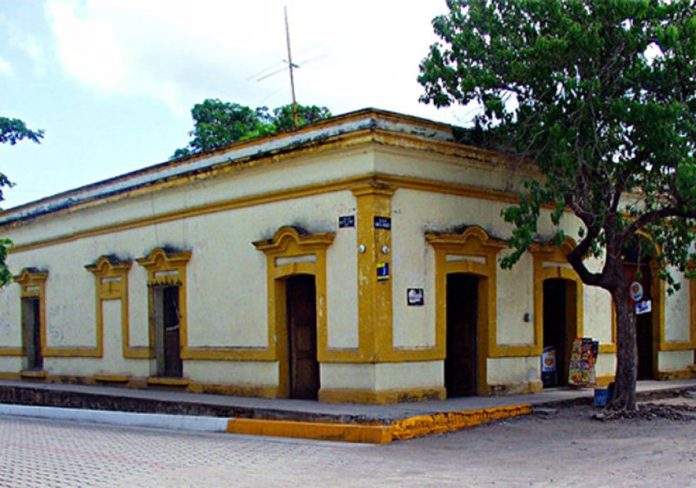Mexico’s 121 magical towns might not receive any federal money in 2019 because the program that currently funds them has been cancelled.
Tourism Secretary Miguel Torruco confirmed that the government has terminated the funding program known as Prodermágico, explaining that it wants state and municipal governments to invest their own money in the upkeep and promotion of their pueblos mágicos.
The new government has also decided to disband the Tourism Promotion Council (CPTM), which tourism insiders said would affect Mexico’s smallest states the most.
Nevertheless, resources allocated to the Secretariat of Tourism in the 2019 budget presented last week increased by 124% compared to this year but the lion’s share of funding will go towards construction of the Maya Train.
The magical towns program launched in 2001 with the aim of boosting visitor numbers to lesser known destinations with special features that make them attractive to tourists.
This year, the previous federal government allocated 586 million pesos (US $29.3 million) to Prodermágico, meaning that if the money was distributed evenly, each magical town would have received over 4.8 million pesos (US $240,000).
Before the new government took office, Torruco said he would carry out an “exhaustive review” of the magical towns scheme, charging that its rules and objectives had become unclear.
Last month, two tourism experts said that no one really knows how effective the pueblos mágicos program is in attracting tourism because there is no standardized means to measure its success.
The scheme also faced claims during the last government’s six-year term that it is more about politics than tourism and that the designation of a destination as magical comes down to negotiations between state governors and federal authorities, with money as the main motivator.
The decision to eliminate the program’s federal funding is expected to have the greatest impact on México state, Guanajuato, Hidalgo, Jalisco, Michoacán, Puebla, Querétaro, Veracruz and Zacatecas. Half of all pueblos mágicos are located in those states.
Despite Torruco’s confirmation that the funding program has been scrapped, Sinaloa Tourism Secretary Óscar Pérez Barros said that both his federal counterpart and President López Obrador had assured state authorities that funding would actually increase.
Pérez said that a 27% increase in funding for Mocorito, El Rosario, Cosalá and El Fuerte was proposed, claiming “it’s in the budget, what happened is that they didn’t label it as such.”
In San Luis Potosí, municipal authorities in Real de Catorce and Aquísimón said that they will seek funding from other federal programs as well as the state government so they can continue to attract tourists.
The latter town was one of 10 destinations that were added to the program in October.
In Jalisco, lawmaker Luis Ernesto Munguía said that cancellation of the Prodermágico program amounted to “punishment” for the state’s magical towns including Tequila, Lagos de Moreno and Mazamitla.
Adriana Cardoso, tourism director in Huichapan – one of six pueblos mágicos in Hidalgo – described the government’s decision as “regrettable,” explaining that the funding had been used both to maintain the town’s “magical” image as well as to promote it.
Source: El Universal (sp)
